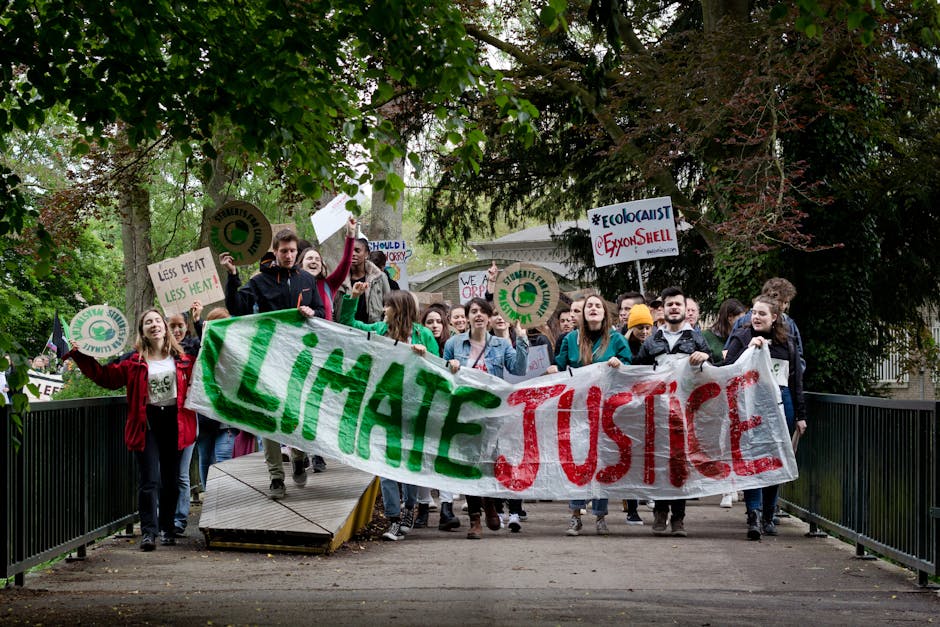Introduction: A Power Vacuum in Global Climate Leadership
As COP30 approaches in 2025, the world faces a potential turning point in climate governance. With Donald Trump pledging to boycott the summit if re-elected and Europe’s climate policies weakening, the BRICS bloc—Brazil, Russia, India, China, and South Africa—could emerge as the unlikely leaders of global climate action. This shift raises urgent questions about the future of emissions reductions, green financing, and multilateral cooperation.
Trump’s COP30 Boycott Threatens U.S. Climate Influence
Donald Trump’s vow to skip COP30 echoes his first-term climate skepticism, including withdrawing from the Paris Agreement and promoting fossil fuels. A second Trump presidency could:
– Gut Biden’s climate policies, including the Inflation Reduction Act (IRA).
– Undermine global momentum by emboldening climate-denying leaders.
– Isolate the U.S. in negotiations, ceding ground to BRICS.
Without U.S. leadership, COP30 risks losing a critical driver of ambitious targets.
Europe’s Green Backslide: From Leader to Laggard?
Once a climate frontrunner, the EU now grapples with:
– Political divisions: Far-right gains in France, Germany, and Italy have slowed green policies.
– Economic pressures: Energy crises and inflation are delaying decarbonization plans.
– Diluted ambitions: Renewable targets and emissions cuts face pushback.
Europe’s struggles could leave a void at COP30—one BRICS seems ready to fill.
BRICS Rising: Can the Bloc Unite on Climate?
With expanded membership (now including Egypt, Ethiopia, Iran, Saudi Arabia, and the UAE), BRICS represents 40% of global emissions and growing influence. Key strengths:
1. China’s Clean Energy Dominance
- Leads in solar, wind, and EV production.
- Could pivot from coal reliance to climate diplomacy.
2. India’s Green Growth Balancing Act
- Solar and green hydrogen investments.
- Bridges Global North-South divides via climate justice advocacy.
3. Brazil’s Amazon Reversal
- Lula’s anti-deforestation policies restore credibility.
- Hosting COP30 offers a platform for leadership.
4. Russia and Saudi Arabia: Fossil Fuel Giants at a Crossroads
- Face pressure to diversify economies as renewables gain traction.
Obstacles to BRICS Climate Leadership
- Internal conflicts: Russia’s war in Ukraine and China’s coal expansion weaken unity.
- Growth vs. emissions: Prioritizing development may clash with climate goals.
- No unified strategy: Divergent interests could stall collective action.
Conclusion: COP30 as BRICS’ Moment
With Western leadership faltering, BRICS has a historic chance to redefine climate governance. Success hinges on:
– Green technology sharing (e.g., China’s renewables).
– Equitable financing for developing nations.
– Compromise between fossil fuel-dependent and green-leaning members.
The world is watching: Will BRICS step up, or will COP30 expose a leadership crisis?




